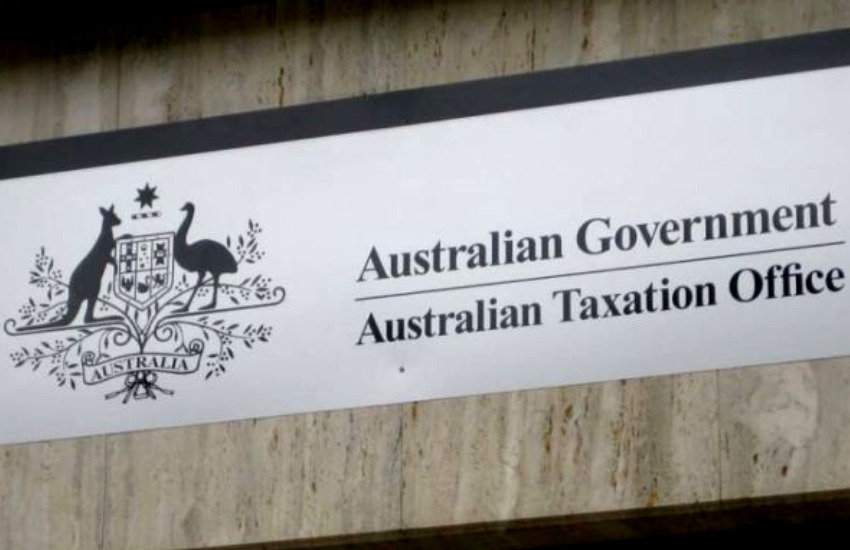Most older Australians – 53% – worry they’ll run out of money in retirement, research by National Seniors Australia has found.
The survey also found that women are more worried about outliving their savings, 59% compared to 47% of men.
The research report from National Seniors – titled Retirement income worry: Who worries and why? – suggests several reasons for these differeing levels of concern, including the longer life expectancy of women, along with gender inequality in earnings and expected roles, such as caring. The demographics of the survey sample may also be a factor, with partnered men most represented in the sample, followed by unpartnered women.
National Seniors notes that women are more likely to be relying on the age pension, and to have less than $500,000 in retirement savings – below the ASFA ‘comfortable’ retirement standard.
Having superannuation to draw upon reduced worry, with 39% of people receiving income from super being ‘unconcerned’ compared to 27% of those not receiving any money from super, the survey found. This latter group was also the most likely to worry frequency – 23%.
Analysis found that the “gender effect” on the risk of worrying was “strong” – a 47% increase – but less than the effect of not yet being retired – 68% increase – having under $500,000 in savings – 65% increase – or having the age pension as the main source of income – a 53% increase the in risk of worrying.
“Australia has one of the best pension systems in the world, yet Australian retirees are still showing high levels of worry that they will outlive their savings,” said National Seniors CEO, Professor John McCallum.
“This shows a need for better advice and education to help older Australians manage their savings so they can have the confidence to spend their money and enjoy retirement.”
Jeremy Cooper, Challenger’s Chairman of Retirement Income and formerly Chair of the Super System Review, noted that while women live three years longer than men, on average, the “super system doesn’t cater for this difference in longevity”.
“What this and other National Seniors research clearly highlights is that people treat the age pension and their own savings differently. They fear running out of their own money, even though the safety net of the age pension will be there for them. This sends a strong signal that people worry about being solely reliant on the age pension. It’s therefore important that super funds explore ways of providing more lifetime income to their members.”
The report concludes that “an obvious way to relieve the worry of those in retirement is to stabilise the system which has been under constant change or threat of change for over a decade”.
The research was based on a survey of 3,584 Australians aged over 50.
Source: Sole Purpose Test












